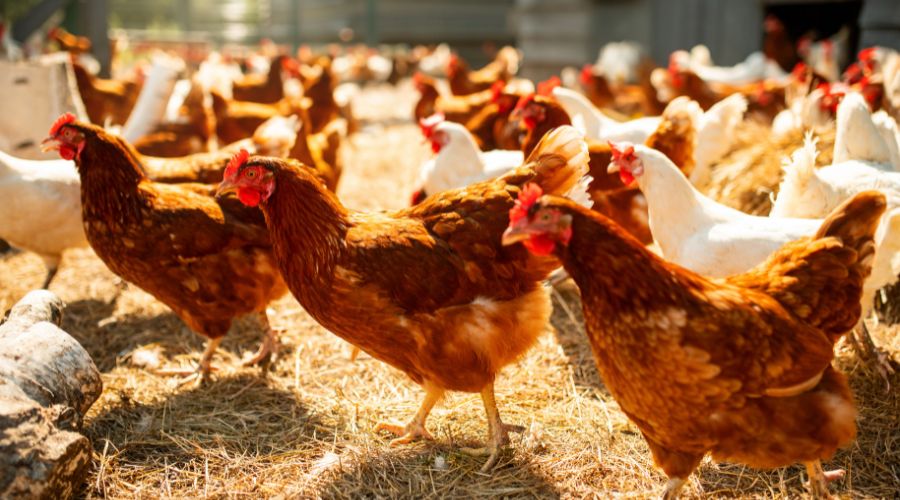Avian flu: Bird registration to become mandatory
2nd September 2024
New rules are coming into force on 1st October, to help protect the poultry sector from future avian flu outbreaks.

There’s less than one month to go for bird keepers in England and Wales to register themselves with the Animal and Plant Health Agency.
All bird keepers – regardless of the size of their flock – must officially register themselves with the Animal and Plant Health Agency (APHA), by 1st October.
The register will be used to communicate with keepers about measures they need to take to protect bird health and prevent the spread of disease.
The new rules cover owners of backyard flocks, birds of prey and pigeon fanciers, but do not affect caged pet birds (excluding any poultry species), which are kept entirely inside a domestic dwelling.
For example, a parrot, canary or budgie, which never leaves the property other than to visit a vet or for another short-term period.
The information will also be used to identify all bird keepers in disease control zones, allowing for more effective surveillance.
This means zones can be lifted at the earliest possible opportunity, Defra said.
For bird keepers who have already registered and whose details haven’t changed, no action is needed.
For those looking to update an existing registration and who already have a CPH number, please contact the APHA registration team directly by phone or email Customer.Registration@apha.gov.uk.
READMORE: Birds able to survive avian flu left with ‘black eyes’
A tool for the toolbox
Richard Griffiths, British Poultry Council chief executive, said registration is “a tool to have in the toolbox”.
He added: “Alongside stringent biosecurity, registration means all birdkeepers should receive important updates and timely communication, amplifying efforts to safeguard bird health as we move into the colder months.”
As of 29th March this year, the UK was self-declared free from highly pathogenic avian influenza (HPAI).
There are currently no outbreaks of HPAI in poultry or other captive birds in the UK.
However, HN51 continues to be found in wild birds in Great Britain and across Europe.
Defra advises keepers to remain vigilant and practice stringent biosecurity to protect the health and welfare of their birds.
More information can be found on how to register as a bird keeper and where to send your application and on what keepers need to know.
Read more poultry news.
